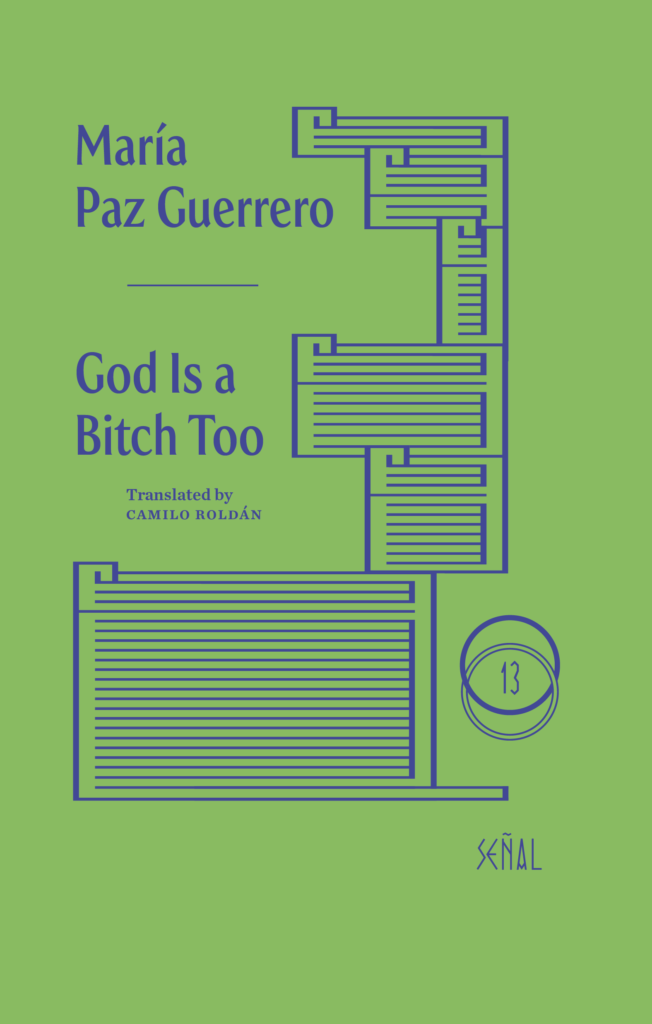The feeling of automated reading seduces me in God Is a Bitch Too, a performativity on par with the schizoid intensity of reading on social networking apps, a mix of sensationalism, capitalist crisis, globalization and desire. The book's schizoid movement, both impulsive and impelling, is like the carousel of the great challenge we face at this moment. How do we read (ourselves) in god? How do we experience the word? What do we imagine when we refer to god and how do we describe it through an ideology of appearances, "authenticity," revelation?
Martha Luisa Hernández Cadenas
Reading God Is a Bitch Too enchanted me because, among other things, it is a book full of poets and readers. Those who ask questions and try to satisfy a hunger for an apparently infinite poetic tradition. In the poems of María Paz Guerrero, God faithfully reads César Vallejo and gets stirred up by Novalis. One can write lines à la Sylvia Plath and "try to stay abreast of artistic discourses." The poems of Guerrero show a universe where the intellectual exercise of reading other poets generates a flow of images that, at the same time, brings into question the purpose of having done those readings to be able to create the poem.
Gloria Susana Esquivel
It is a poetry of delirium, of dark alleyways, of scorched lizards, of lab rats in Paris ... a poetry of phrasing, rephrasing, unfreezing ... poetry that escaped from the pigeonholes of conversational/confessional/pure ... impure poetry, of the burn ward, of insomnia, of broken mirrors. Whoever reads it will give up or unfreeze, there are no metaphors in this arid world, informal anthropophagic retelling ...
I think of Ana Cristina César, that great Brazilian nomad (translator of Emily Dickinson).
Alberto Bejarano
